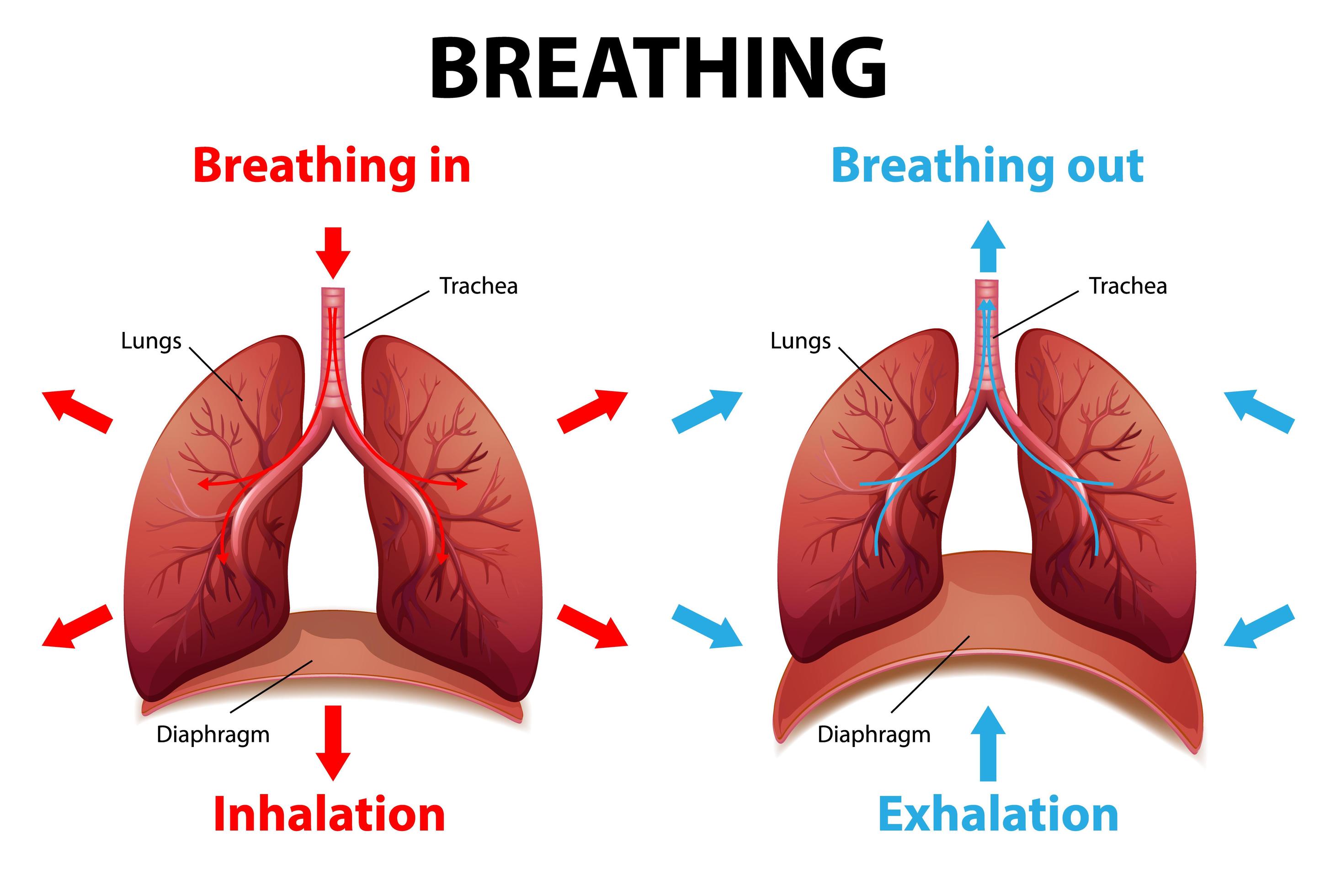
Breathing for Better Health is a cornerstone of holistic well-being, providing a powerful pathway to calm and clarity. Many people overlook the profound impact of conscious breathing, failing to recognize its ability to alleviate stress, reduce anxiety, and enhance overall physical and mental health. Breathing is an essential, involuntary bodily function, yet with mindful practice, it becomes a potent tool for managing emotions, improving focus, and fostering a profound sense of inner peace. This article explores the remarkable ways breathing techniques can significantly improve your well-being, emphasizing simple yet effective strategies you can implement into your daily life. We’ll delve into the specifics of diaphragmatic breathing, mindful breathing, and progressive muscle relaxation, plus the importance of breathing exercises in improving focus and relieving stress.
The Power of Conscious Breathing
Understanding the Fundamentals
Conscious breathing, also known as mindful breathing, is the practice of paying attention to the process of inhaling and exhaling. It involves focusing on the sensation of the breath entering and leaving the body, without judgment or distraction. This simple act can have a profound impact on our physical and mental well-being. By bringing awareness to our breath, we can quiet the mind, reduce stress, and cultivate a sense of calm and focus. Many people underestimate the importance of conscious breathing, often ignoring the natural rhythm of their breath. This lack of awareness can lead to shallow breathing, which can worsen stress, fatigue, and even contribute to health issues. Scientific study demonstrates a direct correlation between mindful breathing and reduced stress hormones, such as cortisol.
Diaphragmatic Breathing Techniques
Deep Breathing for Relaxation
Diaphragmatic breathing, also known as abdominal breathing, involves using the diaphragm muscle to expand the lungs fully. This technique encourages deeper, slower inhalations and exhalations, promoting relaxation and reducing feelings of tension. By focusing on the expansion of the abdomen during inhalation and the contraction during exhalation, you can slow down your heart rate and regulate your nervous system. Studies have shown that diaphragmatic breathing can effectively lower blood pressure and improve sleep quality. For instance, a 2019 study published in the Journal of Alternative and Complementary Medicine found a significant reduction in anxiety levels in participants who practiced diaphragmatic breathing for eight weeks. Try this technique whenever you feel overwhelmed or stressed.
Mindful Breathing for Enhanced Focus
Cultivating Presence and Awareness
Mindful breathing is a cornerstone of mindfulness practices, fostering a heightened sense of presence and awareness in the present moment. This technique involves paying conscious attention to the sensation of each breath, noticing the air entering and leaving the lungs, and the movement of the body. By bringing your attention to your breath, you can anchor yourself in the present, reduce mental chatter, and enhance focus. Mindful breathing is incredibly beneficial for students and professionals trying to improve their concentration. When you’re feeling overwhelmed by the day’s demands, taking just a few minutes to focus on your breath can restore a sense of balance and clarity.
Progressive Muscle Relaxation
Releasing Physical Tension
Progressive muscle relaxation is a technique that involves systematically tensing and relaxing varied muscle groups in the body. This process helps to release physical tension and reduce stress. By focusing on the physical sensations of tension and relaxation, you can effectively address physical stress responses and create a sense of calm. Progressive muscle relaxation is often combined with other breathing techniques to enhance their efficacy and offer a more holistic approach to managing stress and anxiety. There is plenty of evidence suggesting the benefits of this technique in stress management.
Related Post : The Pursuit of Perfection: Managing Expectations in Health Goals
Instructing Breathing for Better Health
Applying Breathing Techniques in Daily Life
Incorporating breathing techniques into your daily routine can have a significant impact on your overall health and well-being. These exercises can be performed anytime, anywhere, and require minimal effort. A few minutes spent focusing on your breath each day can make a significant difference in your ability to manage stress, improve focus, and foster a greater sense of calm and awareness.
In conclusion, breathing techniques are powerful tools for improving physical and mental well-being. By incorporating these practices into your daily routine, you can cultivate a sense of calm, enhance focus, and promote overall health. Start with a simple technique like diaphragmatic breathing, and gradually explore other methods such as progressive muscle relaxation or mindful breathing. Don’t hesitate to consult with a healthcare professional to find the optimal approach for your unique needs and preferences. Ready to unlock the benefits of mindful breathing for better health and clarity? Visit our website for complimentary resources and guided meditations.